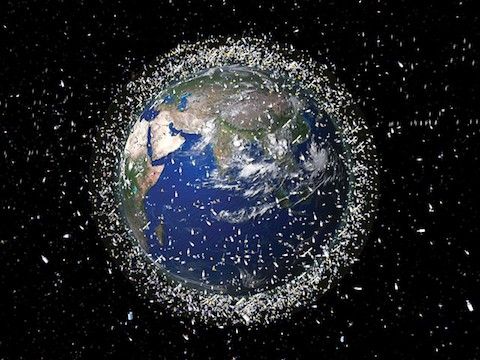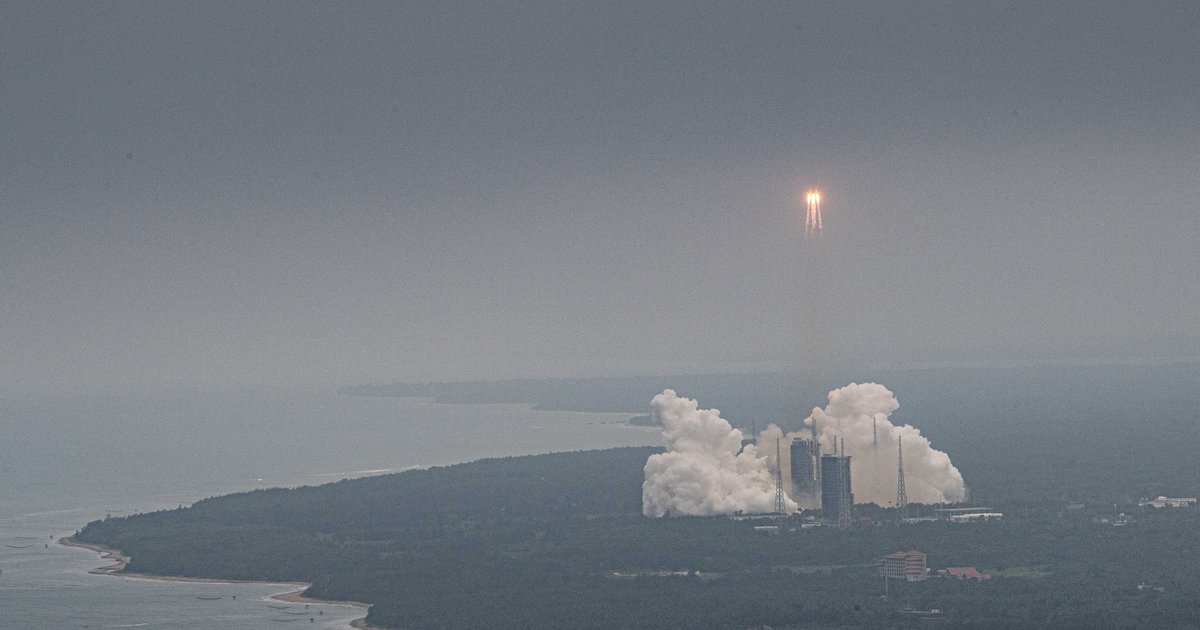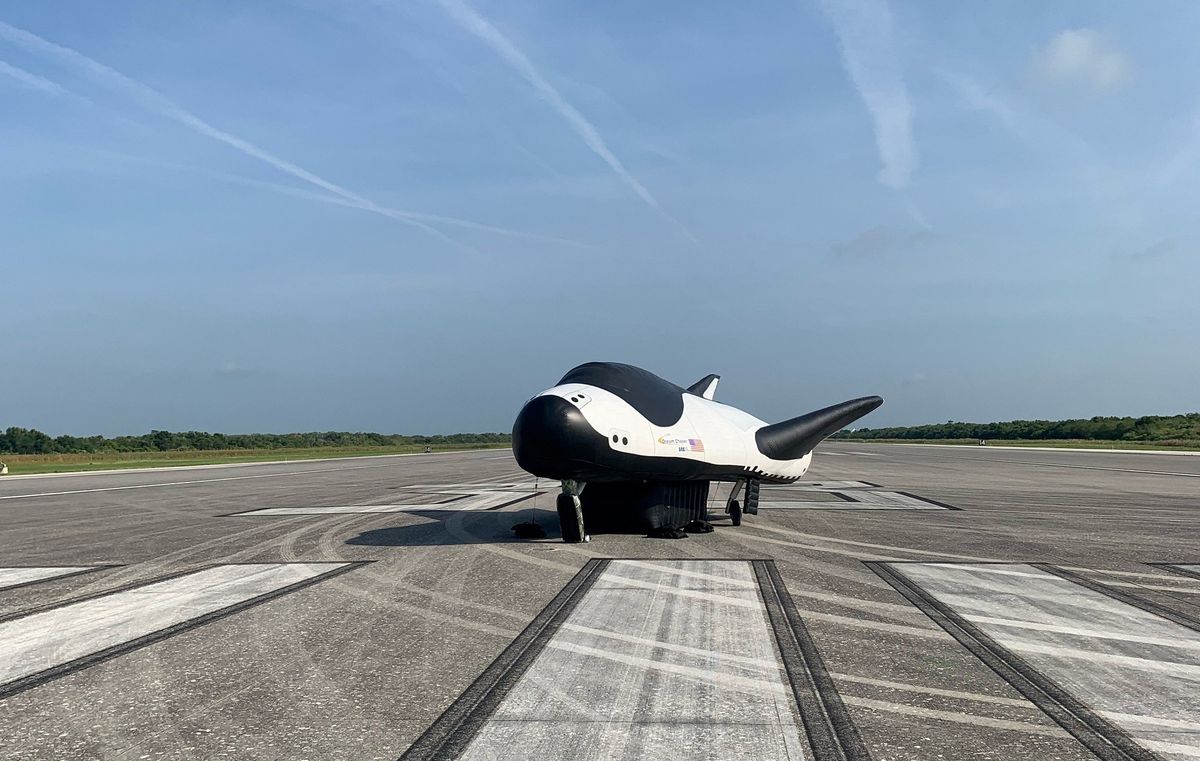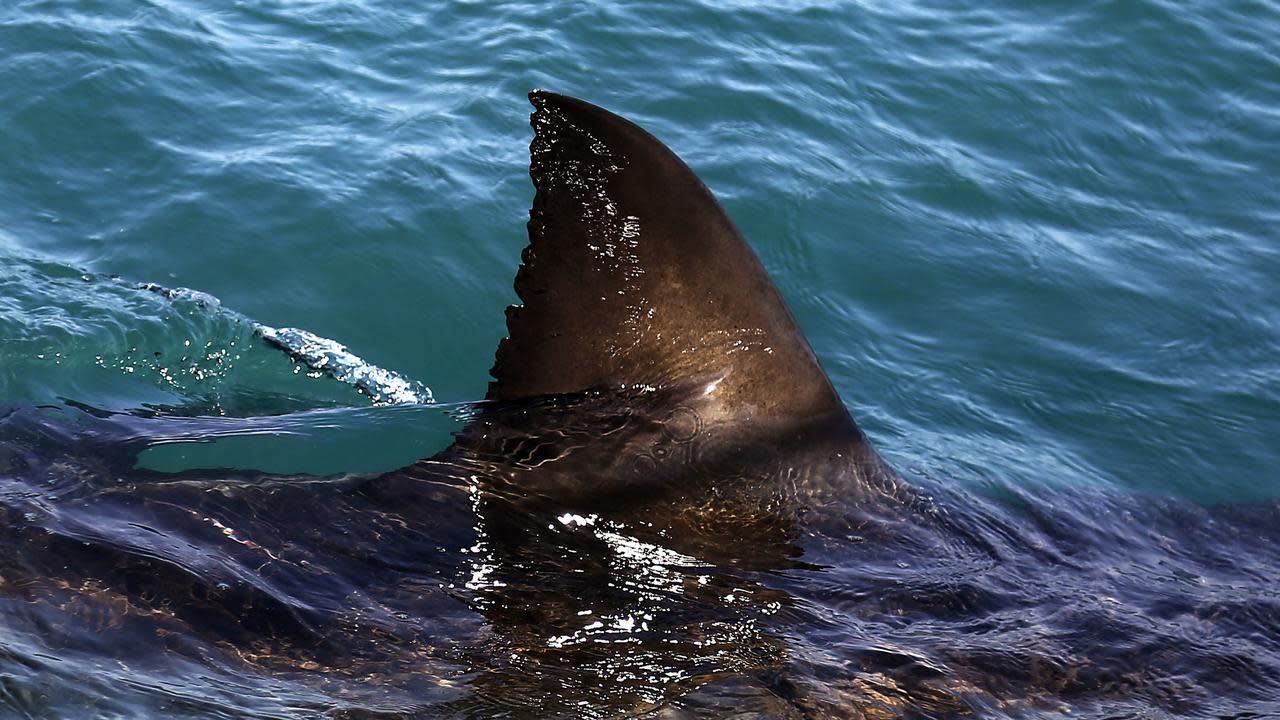Europe proposes orbiting satellite telescope that will keep an eye on space debris- Technology

The European Space Agency (ESA) has proposed a plan to build and launch a satellite with a telescope that can monitor space debris. If the member nations approved the funding, the space agency hopes to complete the project by 2025, reported Space.com . It will be the first of its kind space junk monitoring satellite.ESA is an intergovernmental organization made up of 22 member states. Space debris is defunct human-made objects in space, mainly orbiting close to the Earth.
The rising amount of debris is a cause for concern as the man-made objects orbiting the Earth can lead to dangerous collisions with space vehicles. Image credit: University of Miami
Search for shark tag orbiting uni campus
Shark researchers have appealed for public help to hunt down an unusual and elusive catch in Wollongong - a student who picked up a valuable tracking device.
A 1.95m bull shark was tagged at Evans Head in northern NSW in January and has been tracked via satellite for the past four months.
The latest GPS readings shows the 'shark' sleeping in a University of Wollongong dormitory and visiting the campus library.
However, as sharks cannot drive or pursue higher education, the NSW Department of Primary Industries believes the tag has made its way into an unsuspecting student's backpack or car.
Europe plans to launch space telescope to monitor orbital debris | Space

The European Space Agency (ESA) wants to launch an orbiting telescope to monitor pieces of space debris as small as a few millimeters across. Such tiny fragments of space junk are too small to be spotted with ground-based telescopes, but if they hit a spacecraft, they can cause serious damage.
ESA hopes the satellite, the first of its kind, makes it to space in 2025, provided it gets funding approval at the 2022 council of ESA member states.
The spacecraft, carrying an 8-inche-wide (20 centimeters) optical telescope, would orbit at the altitude of 370 to 430 miles (600 to 700 kilometers), where computer models run by ESA and NASA predict a high density of small space debris fragments, Tim Flohrer, the Head of ESA's Space Debris Office told Space.com.
"At the Edge of Spacetime" --Strange Star S2 Orbiting Milky Way's Supermassive

Home » Black Holes » “At the Edge of Spacetime” –Strange Star S2 Orbiting Milky Way’s Supermassive Black Hole
On March 2, 2019, astronomers reported discovery of a dozen black holes gathered around Sagittarius A* (Sgr A*), the supermassive monster in the center of the Milky Way Galaxy, supporting a decades-old prediction. After conducting a cosmic inventory to calculate and categorize stellar-remnant black holes, the astronomers from the University of California concluded that there are probably tens of millions of the enigmatic, dark objects in the Milky Way – far more than expected.
Chinese rocket debris now expected to crash to Earth this weekend, officials say | PhillyVoice

The Long March-5B Y2 rocket, carrying the Tianhe module, blasts off from the Wenchang Spacecraft Launch Site in south China's Hainan Province on April 29, 2021. The rocket's main stage did not make a controlled reentry to Earth and its burned up remnants are expected to crash some time this weekend at an undetermined location.
The remnants of an uncontrolled Chinese rocket orbiting the Earth could make a crash landing as soon as Saturday, according to the latest estimates on Thursday from officials tracking the large object.
Bloomberg - Are you a robot?
The First Bottle of Wine Aged in Outer Space Could Sell for $1 Million – Robb Report

A bottle of Bordeaux that spent more than a year orbiting the Earth is poised to fetch $1 million through a private sale .
The cosmic vintage in question is a Pétrus 2000 that spent 14 months aboard the International Space Station (ISS), as part of a series of experiments undertaken by Space Cargo Unlimited . Christie’s is offering the wine for private sale with all proceeds going towards funding future space missions.
Private Dream Chaser space plane to land on NASA's former shuttle runway | Space

After a decade-long lull, a famous Florida runway will soon start hosting space-plane landings again.
The private Dream Chaser space plane will touch down at the Launch and Landing Facility (LLF) to wrap up its cargo missions to the International Space Station for NASA, the robotic vehicle's builders, Sierra Nevada Corp., announced on Tuesday (May 4).
The LLF is part of NASA's Kennedy Space Center in Florida. Its 15,000-foot-long (4,570 meters) runway was the touchdown site for 78 space shuttle missions, including the final one, Atlantis' STS-135 flight in July 2011.
Happening on Twitter
The European Union proposes a way to reopen the bloc's external borders, hopefully in June. The change is crucial,… https://t.co/nxZgfGEOHf AP_Europe (from Europe) Mon May 03 14:07:33 +0000 2021

Comments
Post a Comment